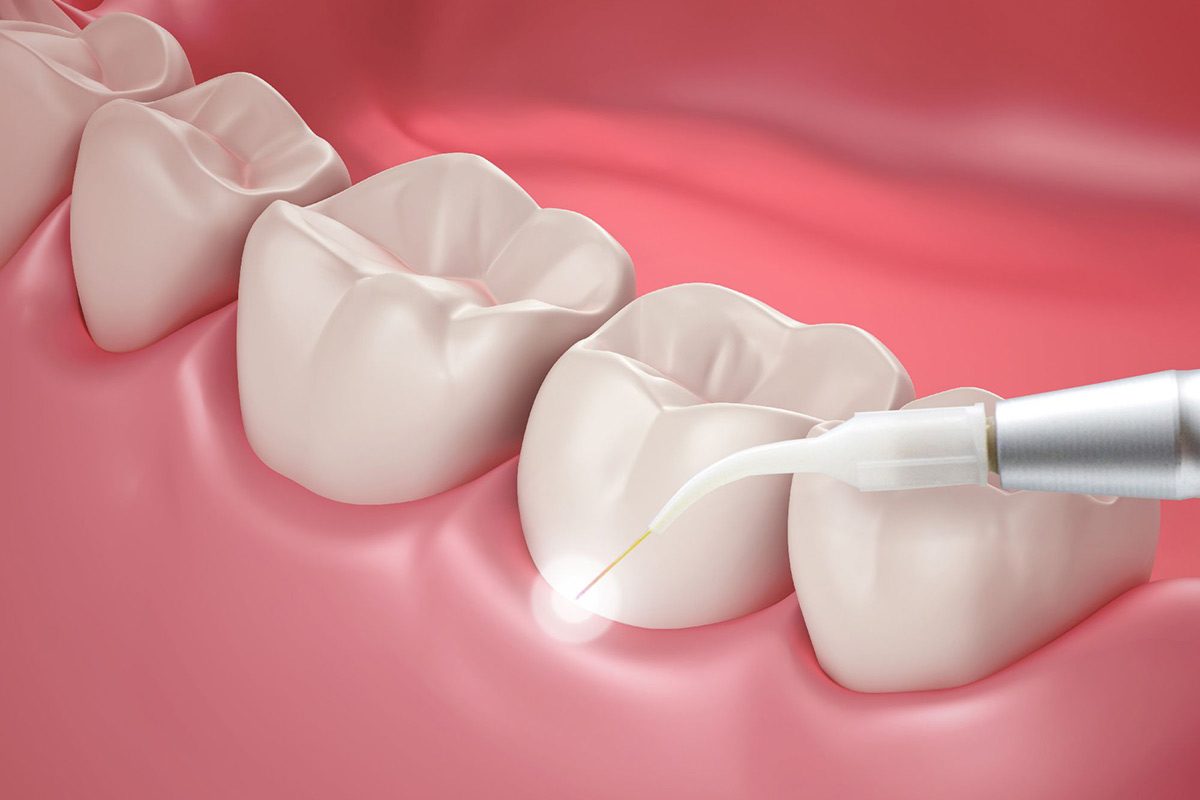Overview
Gum disease, commonly known as periodontal disease, is a common oral health issue that affects millions of individuals worldwide. While non-surgical treatments such as scaling and root planing can typically treat early stages of gum disease, advanced gum disease may necessitate surgical intervention.
At ORIS Dental Clinics, our skilled periodontists are committed to restoring oral health and preserving your beautiful smile. In this blog post, we will explore surgical procedures for advanced cases, such as flap surgery, pocket reduction surgery and gum grafts.
Understanding Advanced Gum Disease
Advanced gum disease, commonly known as periodontitis, is characterized by severe inflammation of the gums and the destruction of the tooth’s supporting tissues.
As gum disease progresses, pockets form between the teeth and gums, allowing harmful germs to accumulate and increasing the risk of tooth loss.
Surgical Procedures for Advanced Gum Disease
Gum Flap Surgery (Flap Surgery)
Gum flap surgery is a standard treatment for advanced gum disease. It entails making an incision in the gum tissue to form a “flap”. Moreover, dental professionals can lift it to access the teeth’s roots and underlying bone.
This process allows the periodontist to thoroughly clean the area and remove tartar, plaque, and bacteria from the tooth roots.
After cleaning, the dental professional repositions the gum flap and sutures it back in place. This surgery reduces pocket depth and improves oral hygiene, making it easier for patients to keep their teeth and gums in the future.

Pocket Reduction Surgery (Osseous Surgery)
Another surgical treatment option is pocket reduction surgery, commonly known as osseous surgery. The dental professional reshapes the bone that supports the teeth during this treatment.
Additionally, the periodontist removes irregularities in the bone structure, which helps reduce pocket depth and promotes better gum-to-tooth attachment.
Reducing pocket depth is critical in reducing the sheltered areas where harmful bacteria thrive, thereby decreasing the progression of gum disease.
Gum Grafts
Gum graft surgery may be necessary if advanced gum disease has caused gum recession and exposed tooth roots. This treatment involves removing tissue from one area of the mouth (often the palate) and grafting it onto areas with receded gums.
Gum grafts cover exposed roots, minimize tooth sensitivity, and improve the overall appearance of the smile. Moreover, this surgical procedure is an excellent choice for restoring the gumline and preventing further dental issues.
Advanced Gum Disease: Recovery and Maintenance
Patients might expect some post-operative discomfort and swelling. However, following the post-operative care guidelines provided by the periodontist will assist in ensuring a quick recovery.
You should maintain proper oral hygiene practices and attend frequent check-ups at ORIS Dental Clinics. They are critical for preventing gum disease and preserving surgical results.
Advanced gum disease can have a substantial influence on your oral health and overall well-being. When non-surgical treatments are no longer successful, surgical interventions, such as gum flap surgery, pocket reduction surgery, and gum grafts, become critical in combating the disease and preserving your smile.
Our professional periodontists at ORIS Dental Clinics in Richmond Hill, Ontario, are committed to providing comprehensive care. We will also assist you in achieving optimal dental health.
Don’t let advanced gum disease jeopardize your beautiful smile – schedule a consultation today and take the first step toward a healthier, happier mouth.




